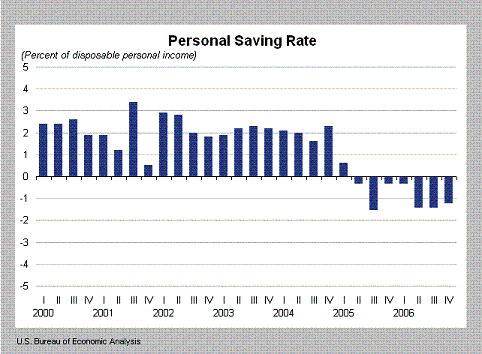Free To Canoe
Thinks s/he gets paid by the post
This is a discussion of the concept of Keynesian economics with reference to money supply and reversing deflation. To stimulate the economy during a deflationary situation, one must somehow increase the money in circulation. True or false?
It is my understanding that the validity of this was debated during the great depression. It looked like the economy was starting to come out of the cycle in 1936. At that time the government thought it would be OK to reduce the money supply stimulus (balanced budget, tax increase). The Keynesians protested greatly. The result was that the economy took a nose dive.
This is commonly accepted as validation of Keynes money supply concept and it is now the prevailing view among mainstream economists.
Is this an accepted fact or am I missing something?
If correct, there has been no mention of this in any of the “news” that I have seen in the past month. Why? It certainly seems like it is something people should hear about or at least discuss it.
PS
There is more to it. Probably much more theory. The Fisher velocity of money equation comes to mind. I think it is enough to verify and discuss the one basic fact. That is my goal.
Free to Canoe
It is my understanding that the validity of this was debated during the great depression. It looked like the economy was starting to come out of the cycle in 1936. At that time the government thought it would be OK to reduce the money supply stimulus (balanced budget, tax increase). The Keynesians protested greatly. The result was that the economy took a nose dive.
This is commonly accepted as validation of Keynes money supply concept and it is now the prevailing view among mainstream economists.
Is this an accepted fact or am I missing something?
If correct, there has been no mention of this in any of the “news” that I have seen in the past month. Why? It certainly seems like it is something people should hear about or at least discuss it.
PS
There is more to it. Probably much more theory. The Fisher velocity of money equation comes to mind. I think it is enough to verify and discuss the one basic fact. That is my goal.
Free to Canoe



 or
or  with a followup of
with a followup of